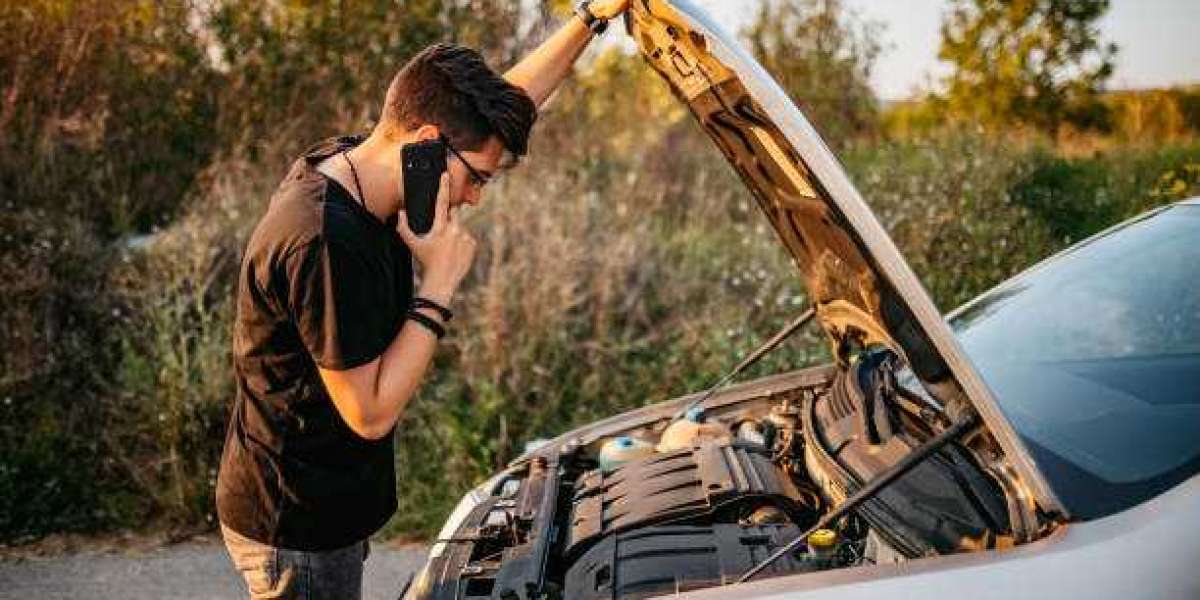Planning long rides in Pakistan can be exciting, but the journey can quickly become a nightmare if your vehicle isn't properly maintained. Whether you're heading to the northern areas or embarking on a business trip across provinces, vehicle reliability is crucial. In this guide, we at Wise Wheels bring you essential tips for long rides in Pakistan to ensure your journey is smooth, safe, and stress-free.
Inspect Your Vehicle Before You Travel
Before every trip, a thorough vehicle inspection is a must. Checking the engine oil level, brake fluid, transmission fluid, and coolant can prevent unexpected breakdowns. A well-lubricated engine is less likely to overheat, especially during long highway drives in the summer heat of Pakistan.
Make sure the battery terminals are clean, and the charge is adequate. Weak batteries are a common reason for car troubles during extended drives.
Check Tire Condition and Pressure
Your tires are the only point of contact between your car and the road. Worn-out tires or incorrect tire pressure can be dangerous on long routes. Always inspect for visible wear, cracks, or bulges.
Check and adjust tire pressure according to the manufacturer’s recommendations. Also, don’t forget the spare tire—ensure it’s in good condition and properly inflated.
Brake Inspection is Critical
Driving in hilly areas like Murree or Swat requires efficient brakes. Squeaking, grinding noises, or a soft brake pedal are red flags. Before a long journey, get your brake pads and discs inspected by a trusted mechanic.
Braking problems during a descent can lead to fatal consequences, especially on curvy, mountainous roads.
Lights and Wipers Must Be Fully Functional
Visibility is key when traveling, especially during night rides or in foggy areas like Abbottabad or Quetta. Ensure that headlights, taillights, brake lights, and indicators are working perfectly.
Also, check your windshield wipers and washer fluid. Sudden rainstorms are common in several regions of Pakistan, and poor visibility can cause accidents.
Air Conditioning and Cabin Filters Matter
Hot and humid climates in places like Sindh or Punjab can make your trip uncomfortable. Ensure your air conditioning system is cooling efficiently and that cabin air filters are clean.
A clean cabin environment not only provides comfort but also protects against allergens and pollutants, especially in crowded urban cities like Karachi or Lahore.
Inspect Belts and Hoses
Engine belts and hoses are small components that play a big role. Cracked or frayed belts can break during your trip, leading to sudden engine failure. Coolant hoses must be checked for leaks or swelling.
If any part seems worn out, it’s safer to replace it before the journey begins.
Carry a Roadside Emergency Kit
Even with perfect maintenance, emergencies can happen. Equip your car with a basic emergency kit including jumper cables, a flashlight, reflective triangles, a tire inflator, and a first aid box.
Add a multi-tool kit, duct tape, and a charged power bank for your phone. It’s always better to be over-prepared than underprepared.
Test Your Vehicle's Suspension
Suspension problems may not seem critical but can severely impact your comfort and control on long journeys. Have your shock absorbers and struts inspected for any signs of leakage or damage.
Bad suspension can also affect tire wear, braking efficiency, and steering response—especially on rough roads common in remote areas of Pakistan.
Update Your Vehicle’s Documents
Before heading out, double-check that all essential documents are up to date. This includes:
- Driving license
- CNIC
- Registration book
- Car insurance papers
- Token tax receipts
Carrying digital backups in your email or cloud storage is also a smart move.
Keep Fuel Levels High
While it may seem obvious, make sure to fill your fuel tank before you leave, especially when passing through rural or underdeveloped regions where fuel stations are scarce.
It’s also wise to keep some emergency cash in case you need to purchase fuel in areas without card payment options.
Use GPS and Plan Your Route
A well-planned route ensures timely arrival and avoids unnecessary detours. Use updated GPS navigation apps, and download offline maps in case of poor internet coverage.
Pre-mark rest stops, fuel stations, and emergency services on your route, especially for long rides in Pakistan where mobile signals can be unreliable.
Listen to Your Car
During the ride, pay attention to any new noises or performance changes. Unusual vibrations, engine knocking, or warning lights on your dashboard should never be ignored.
Stopping at the first sign of trouble can prevent minor issues from turning into major breakdowns.
Conclusion
Long drives across Pakistan can be memorable and enjoyable when your car is in top condition. By following these preventive maintenance tips, you greatly reduce the risk of car trouble and improve overall safety.
These tips for long rides in Pakistan are essential not just for vehicle health but for your peace of mind as well. At Wise Wheels, we always recommend thorough checks and smart planning for every trip. Your safety is our priority—because every journey should end as well as it begins.
FAQs
What is the most common cause of car trouble on long drives?
The most common issues include flat tires, overheating, and battery failure. Regular checks can easily prevent these.
Should I get my car professionally serviced before a long ride?
Yes, a professional inspection is strongly recommended. They can spot issues that might not be visible during self-inspections.
How often should I check my car’s fluids before a long trip?
At least 2–3 days before departure. Check engine oil, brake fluid, transmission fluid, and coolant levels.
Is it safe to drive in rural areas of Pakistan at night?
It’s better to avoid nighttime travel in less-developed areas due to poor lighting and limited emergency support.
Can I drive long distances with a minor oil leak?
No. Even a small oil leak can escalate and cause engine damage over a long trip. Get it checked immediately.
For more latest and reliable information Visit elovebook.











